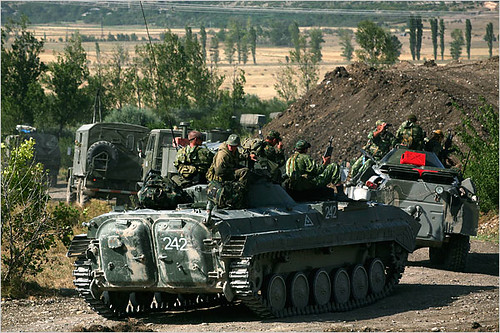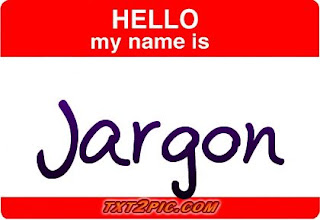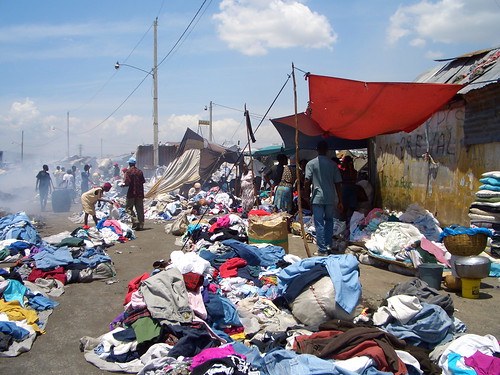Everything that matters in international development comes back to poverty. Poverty saps your ability to affect the path of your life, stay (or start out) healthy, find a job, or invest in education or a small business.
Information on global poverty:
Dani Rodrik talks about international poverty.
A nice Foreign Affairs article on reducing global poverty.
The World Bank’s most recent numbers on global poverty.
Oxfam’s take on reducing global poverty.
You will notice that not all of the sources I have listed agree with each other. Poverty is a complex topic, and there are no obvious answers on what to do. If you want to get involved in fighting global poverty, I suggest the ONE campaign. If you’d like to donate money to help alleviate global poverty, give to an NGO you already know and trust. Poverty is part of all our major problems, and fighting it is part of every solution. Donate to a food pantry in your home town, to Feeding America, International Medical Corps, or the Treatment Action Campaign or Oxfam. Every NGO trying to make the world a better place is fighting poverty one way or another; choose one that is credible and give what you can.
Blog Posts I’ve written that touch on poverty:
Suffering does not make you special
Your money does not make you special
Why health matters (if you only read one of my posts, read this one)




